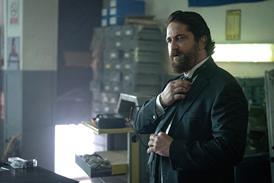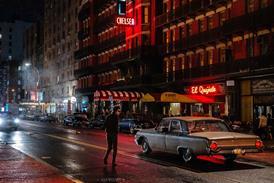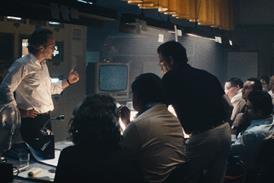In the UK, the number of tickets sold in the first four months of 2008 fell 3.2%, from 50m in the first quarter of 2007 to 48m this year.
But with the releases of The Dark Knight, Quantum of Solace and the latest Harry Potter still to come, 2008 could still approach the record-breaking box-office figures of 2007.
John Woodward, CEO of the UK Film Council said: 'Despite the tough economic outlook, everyone is optimistic about what the box office will look like at the end of the year. Film really does seem to win through in tougher times and there is a great crop of releases due out.'
According to the UK Film Council's statistical handbook, British films took $3.3bn worldwide (up 50% from 2006's $2.2bn) and accounted for 29% of the total UK box office in 2007.
The figure beat 2006's 19% local films market share, thanks not only to global blockbusters but also to independent releases likeEaling'sSt Trinian's, the second-highest-performing UK independent film in the last decade. The top 10 British films worldwide according to the UKFC are:
- Harry Potter And The Order Of The Phoenix ($937m worldwide)
- The Bourne Ultimatum ($442m worldwide)
- The Golden Compass ($253m worldwide)
- Mr Bean's Holiday ($226m worldwide)
- Stardust ($134m worldwide)
- 1408 ($122m worldwide)
- Casino Royale ($99m worldwide)
- Fred Claus ($96m worldwide)
- Hot Fuzz ($81m worldwide)
- Hannibal Rising ($81m worldwide)
While the UK Film Council celebrates a year of success for 'British film.' it should be noted that it uses a broad definition of the term. Most of the films at the top of the box office are primarily studio-led.
Harry Potter, for instance, is backed by Warner Bros, The Golden Compass had New Line financing; and The Bourne Ultimatum was a Universal project.
Even those with more genuine claims tobehomegrown films such as Mr Bean's Holiday and Hot Fuzz - produced by UK stalwarts Working Title - have access to US financing through Working Title's Universal deal.






















No comments yet